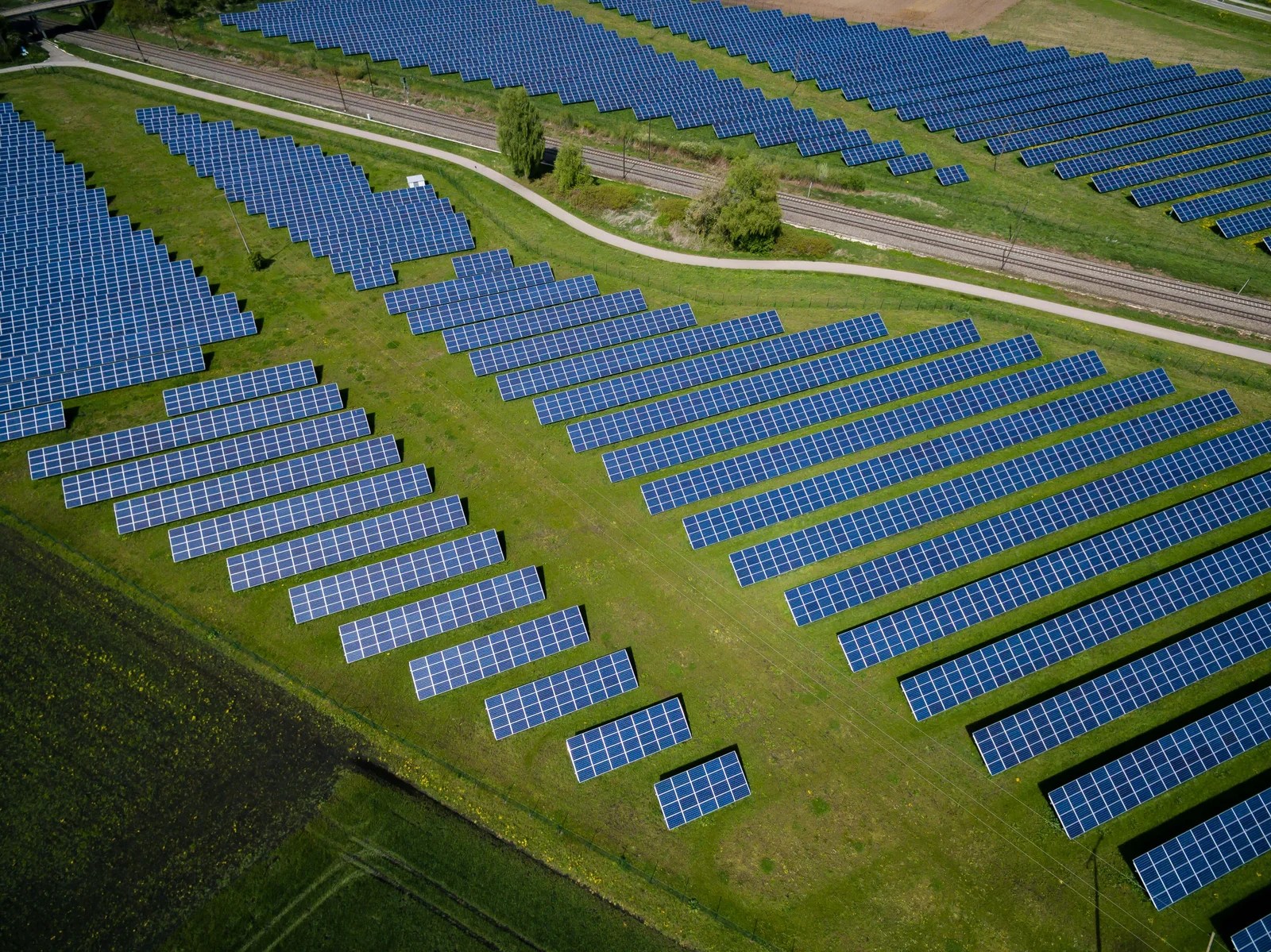
Emerging Sources of Renewable Energy
In addition to solar, wind, hydro, and geothermal power, there are other emerging sources of renewable energy that are being explored and developed.
Tidal Power
One such source is tidal power, which harnesses the energy from the tides to generate electricity. Tidal power plants use turbines that are submerged in the ocean or estuaries, and as the tides rise and fall, the turbines spin and generate power.
Bioenergy
Another area of innovation in renewable energy is bioenergy. Bioenergy is derived from organic matter, such as crops, agricultural waste, and forest residues. This organic matter can be converted into biofuels, such as ethanol and biodiesel, which can be used to power vehicles and machinery. Bioenergy also includes the use of biomass for heating and electricity generation.
Wave Energy
Furthermore, there are ongoing research and development efforts in the field of wave energy. Wave energy converters capture the kinetic energy of ocean waves and convert it into electricity.
The Importance of Renewable Energy
In the quest for a sustainable future, the focus on renewable energy is crucial. The advancements in solar, wind, hydro, geothermal, tidal, bioenergy, and wave energy technologies are driving the transition towards a cleaner and more sustainable energy system.
Renewable Energy Sources
Renewable energy sources are also a key component of energy efficiency. Solar power, for example, harnesses the energy from the sun to generate electricity. Wind power converts the kinetic energy from the wind into electricity. Hydropower generates electricity by harnessing the power of flowing water. Biomass utilizes organic materials to produce heat and electricity.
Advancements in Waste Management
One of the key advancements in waste management is the development of waste-to-energy technologies. These innovative technologies provide a sustainable solution to the growing problem of waste disposal.
Incineration
Incineration is a process that involves the combustion of waste materials at high temperatures. This process reduces the volume of waste and generates heat and electricity.
Gasification
Gasification involves the partial oxidation of waste materials, converting them into a synthetic gas that can be used as a fuel for power generation.
Anaerobic Digestion
Anaerobic digestion decomposes organic waste in the absence of oxygen, producing biogas that can be used as a renewable source of energy.
Recycling and Composting
Recycling involves the collection and processing of materials to create new products. Composting decomposes organic waste to produce nutrient-rich compost that can be used as a soil amendment.
The Circular Economy
Another innovative approach to waste management is the concept of the circular economy, which aims to minimize waste and maximize resource efficiency by designing products and systems that can be reused, repaired, or recycled.

